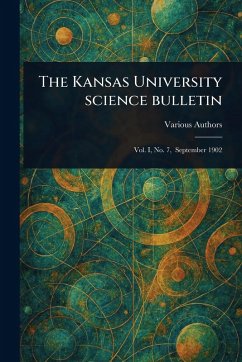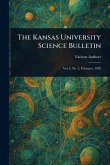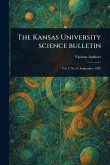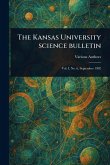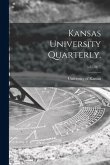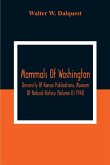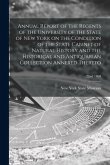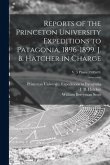Delve into the scientific landscape of the early 20th century with "The Kansas University Science Bulletin, Vol. 1, No. 7, September 1902." This meticulously reproduced periodical offers a fascinating glimpse into the scientific research and discourse of the time. A collection of essays and studies presented by various contributors connected with Kansas University, this volume provides a valuable historical record of scientific inquiry. Explore a range of scientific topics, mirroring the broad scope of scientific interest at the turn of the century. This bulletin offers insights into the methodologies and perspectives that shaped early scientific thought. "The Kansas University Science Bulletin" serves as a vital resource for anyone interested in the history of science and the evolution of scientific knowledge. A significant piece of scientific history, it offers a unique window into the past. This work has been selected by scholars as being culturally important, and is part of the knowledge base of civilization as we know it. This work is in the public domain in the United States of America, and possibly other nations. Within the United States, you may freely copy and distribute this work, as no entity (individual or corporate) has a copyright on the body of the work. Scholars believe, and we concur, that this work is important enough to be preserved, reproduced, and made generally available to the public. We appreciate your support of the preservation process, and thank you for being an important part of keeping this knowledge alive and relevant.
Bitte wählen Sie Ihr Anliegen aus.
Rechnungen
Retourenschein anfordern
Bestellstatus
Storno

